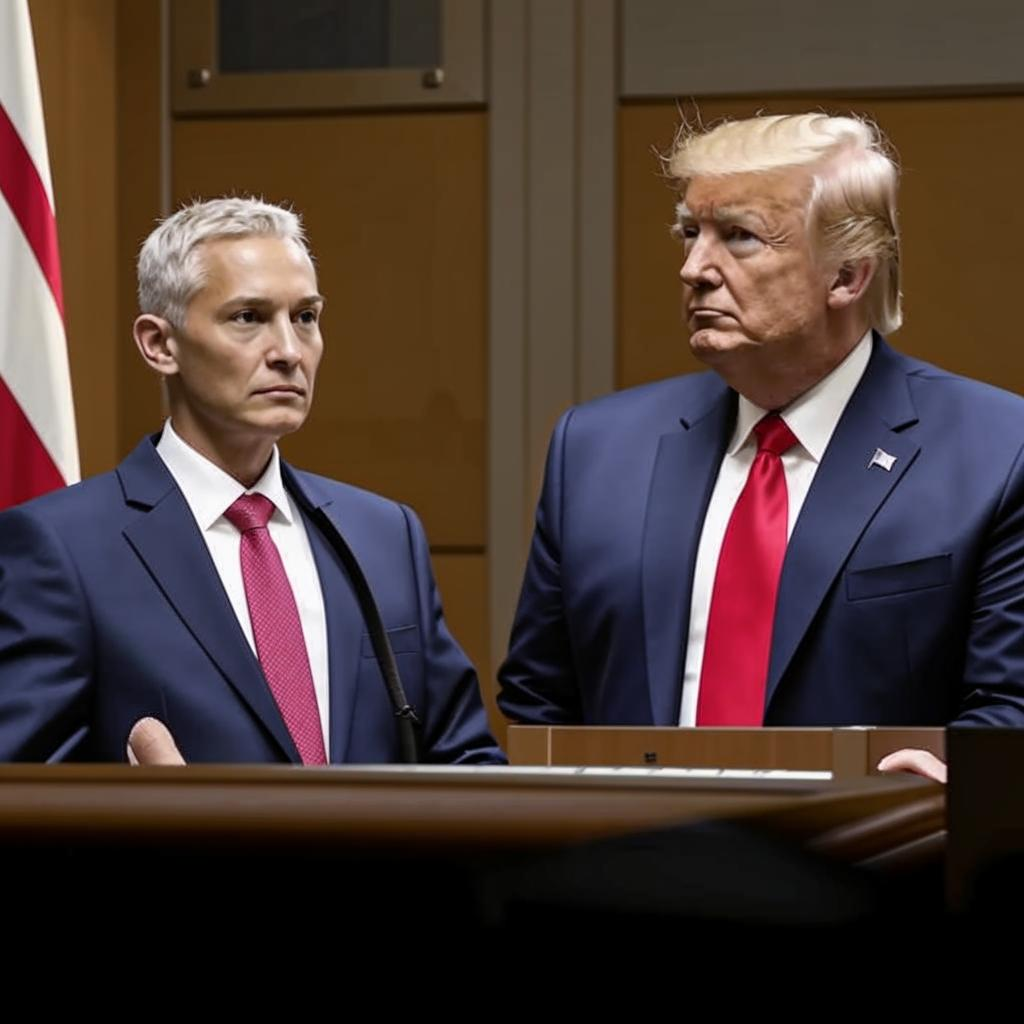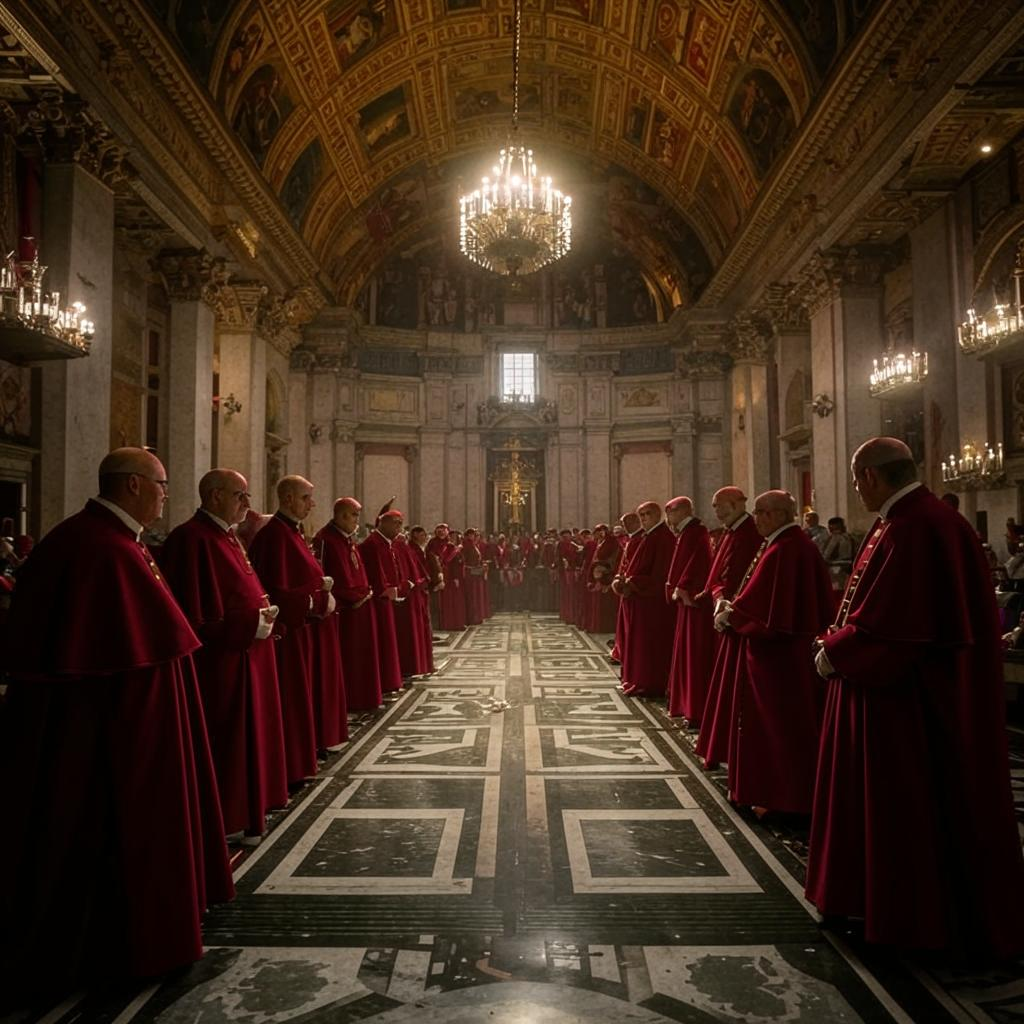Donald Trump has sharply increased his criticism of Federal Reserve Chairman Jerome Powell, hinting at regret over his decision to appoint him to the role. In recent speeches and interviews, Trump has accused Powell of keeping interest rates too high, hindering economic growth and potentially impacting his chances of reelection. Trump claims the Fed’s policies are undermining his efforts to boost the economy through tax cuts and deregulation. He argues that lower interest rates would stimulate investment and create jobs.
These attacks mark a significant escalation in Trump’s public pressure on the independent central bank. Historically, presidents have avoided directly criticizing the Fed to maintain its perceived independence and credibility. However, Trump has repeatedly broken with this tradition, expressing his frustration with the Fed’s monetary policy. The ongoing conflict raises concerns about the politicization of monetary policy and the potential impact on the Fed’s ability to effectively manage the economy. While Trump doesn’t directly order the Fed what to do, his words might sway the financial markets and have a psychological impact on the Fed’s leadership. Trump’s advisors have privately expressed concern that his attacks could undermine confidence in the Fed and destabilize the financial system. Powell and other Fed officials have maintained that they are independent and will make decisions based solely on economic data, regardless of political pressure.















